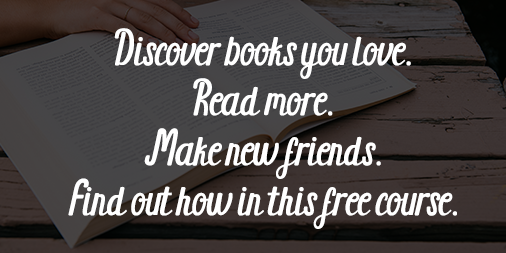This interview was supposed to be part of Body Image and Self-Perception Month in July, but there were a few delays, so I’m posting it now as a follow up. I hope you enjoy it.
Actually, I didn’t do too much research. I read other books that featured overweight characters, but mostly, I drew on my own feelings of self-consciousness that I felt as a teen. Those feelings (I believe) are universal, no matter what size you are.
As with my writing of Troy, this wasn’t something I consciously chose. Curt’s character was inspired by Kurt Cobain and he was always stick thin. I did, however, consciously decide that Troy’s brother Dayle was going to have eating issues. You may have noticed that he is always trying to gain weight for the sports he’s on and having troubles with that. I wanted to draw attention to the fact that eating disorders come in many sizes and shapes, and while Troy’s problems are obvious, Dayle has issues of his own that might not be seen at first glance.
I’ve always loved Staying Fat for Sarah Burns by Chris Crutcher. Also, I’ll add that I have another book out that deals with both of these issues from the polar opposite perspective from Fat Kid Rules the World. It’s called King of the Screwups and it’s about a drop dead gorgeous guy who wishes he was a nerd.

